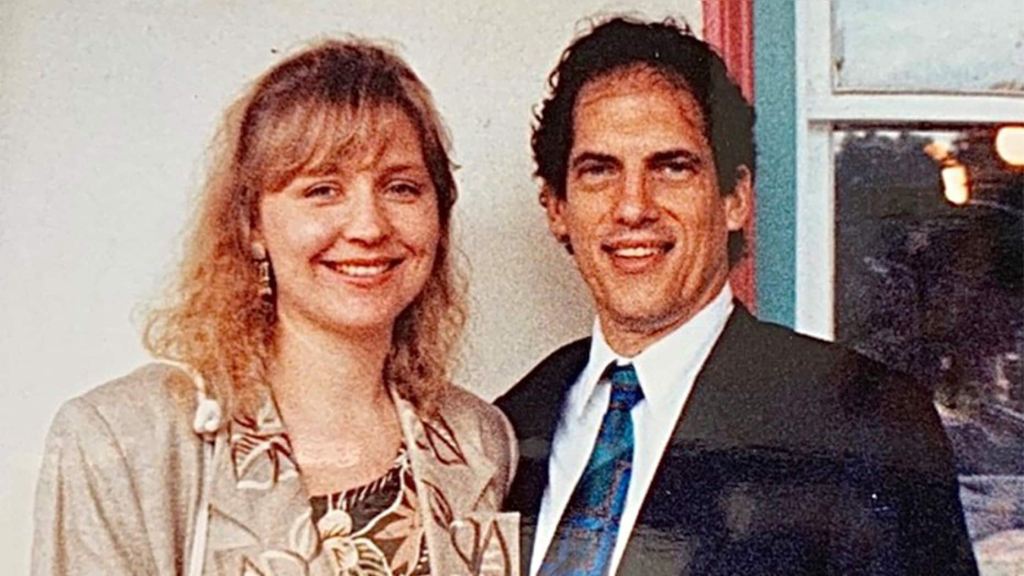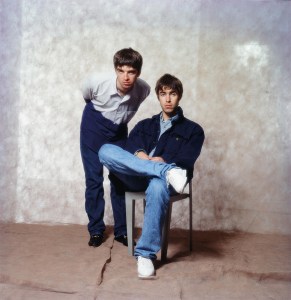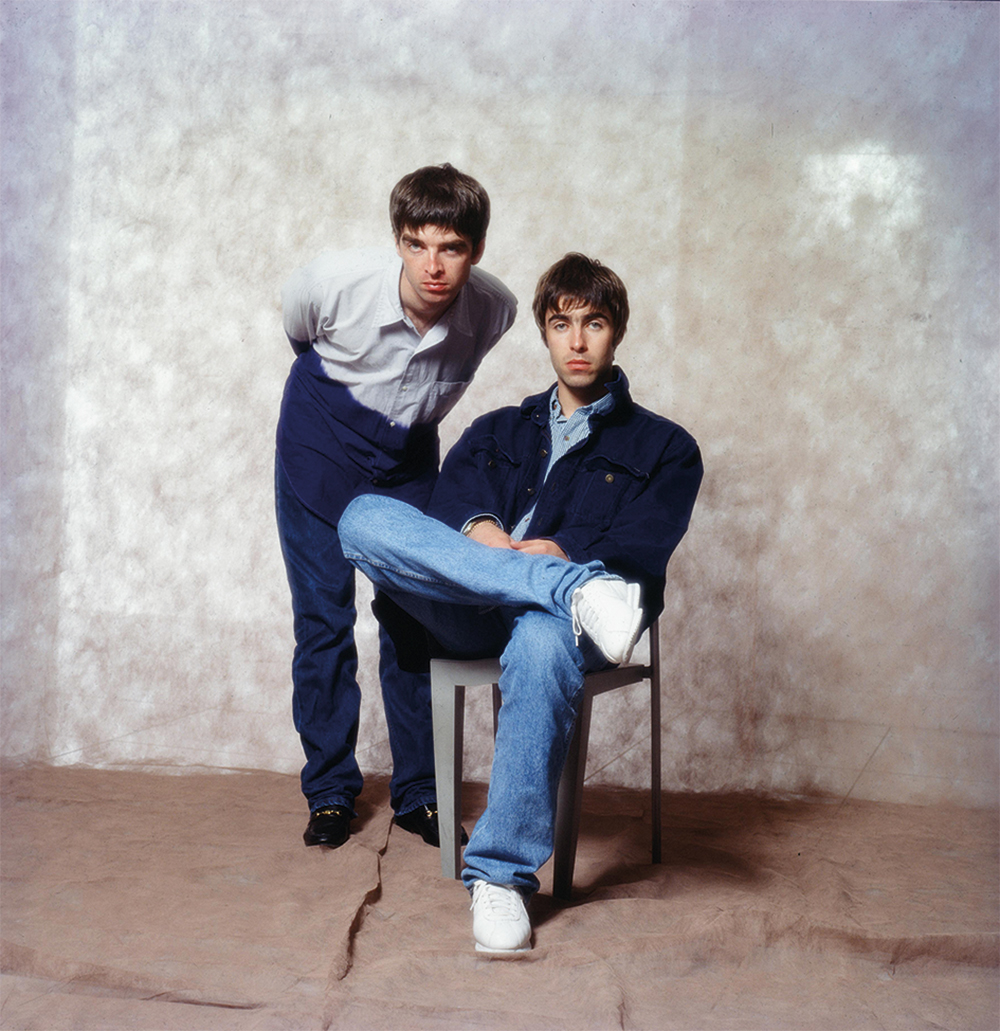With the arts world still largely in hibernation, the launch of a big podcast is as close as we get to a big cultural event these days. Such is the case with The Apology Line, the latest serial podcast from Amazon-owned Wondery, which shot to the top of the ‘most downloaded’ charts last week and has sat there comfortably since.
The Apology Line tells the story of a 1980s experimental art project in which a Manhattan-based provocateur, Allan Bridge, issued an open invitation to the city’s criminals (‘amateurs, professionals, white collar, blue collar’) to record their anonymized confessions to an unmanned phone line. He intended for the recordings to become part of an interactive art project, offering a voyeuristic insight into New York’s most troubled minds.
With hours of taped confessions, a selection of which have been spliced throughout each episode, there’s no denying that the project is perfect podcast fodder. Indeed, the apology line story seemed so obviously documentary-ready, I wondered why it hadn’t been covered before. A quick Google search revealed the truth: it had.
Not only did Bridge’s project garner its fair share of write-ups in its heyday, it’s since been the subject of an acclaimed New Yorker essay, at least one documentary, an aborted stage play, an episode of hipster podcast This American Life, numerous newspaper features, a semi-fictionalized film adaptation, and a copycat exercise (back in 2013, a Brooklyn artist tried to recreate the project).
Is there merit in going over it again? Maybe. As anyone who listens to documentary podcasts knows, the genre’s selling point is its total absence of time constraints. Whereas conventional docs must contend with tight broadcast schedules, podcasters can run as long as Ken Burns, dedicating entire episodes to quirky subplots.
The big caveat, of course, is that the format works only when there’s enough red meat to string out the running time. The Apology Line starts well enough, as Marissa Bridge (Allan’s widow and the podcast’s narrator) recalls a Manhattan dinner party with her future husband some time in the early 1980s. When Allan offers to play the latest offerings from the apology project, his half-cut bohemian guests are all ears. Within minutes, they sit in stunned silence.
Over a crackling line, a listless voice seemingly confesses to a string of homophobic muggings. Is he telling the truth? Who knows. He certainly seems more grounded than the caller who pops up later on, spouting childlike Dr Seuss rhymes about serial killers. Or the man who expresses theological objections to the apology project and accuses Bridge of being Satan.
The inclusion of the raw calls certainly captures Bridge’s original artistic vision, but a compelling narrative it does not make. For all their strangeness, the vast majority are narrative dead ends. If The Apology Line is to keep listeners on board, it will depend on the strength of the underlying story. Over to you, Ms Bridge.
This article was originally published in The Spectator’s UK magazine. Subscribe to the US edition here.

























